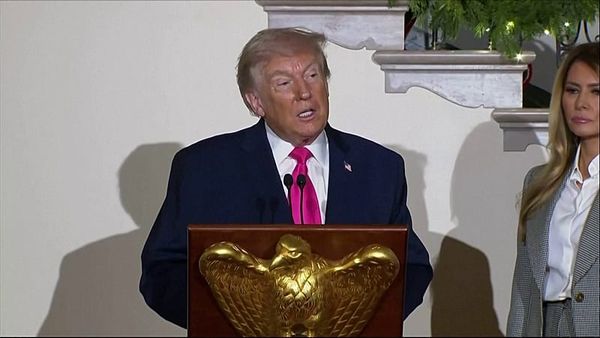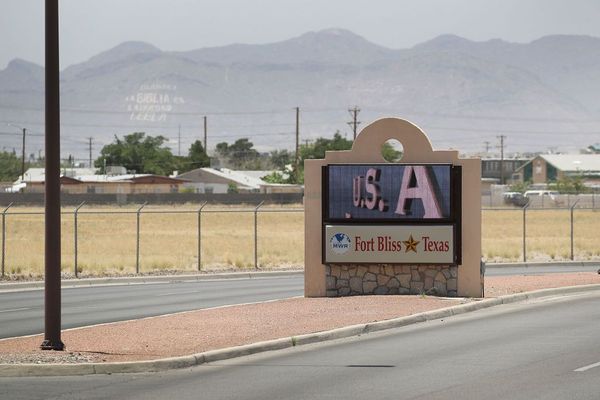
The UK defence secretary, John Healey, has conceded that policies that banned members of the armed forces from speaking to the press or MPs without permission are unlawful, after a legal challenge was brought by two women who complained they were raped while serving.
The women, from the RAF and Royal Navy, argued the restrictive regulations had prevented them from speaking out publicly about their experiences and how their complaints were handled by the chain of command and military police.
One of the women, known as PGH for legal reasons, said in a court statement that “I do not have the freedom to choose to speak about my ordeal on my own terms”, and argued that the old gagging orders reinforced a culture of closing ranks that tolerated rape and sexual assault.
“The policy makes perpetrators of sexual violence feel protected and that they can trust their colleagues to help cover up their actions,” she said.
At first, the Ministry of Defence tried to strike out the claim, arguing it was irrelevant because it had introduced a looser policy earlier this year. But a high court judge, Mr Justice Saini, ruled last month that the MoD had a case to answer, because of the impact the old policy had on the women concerned.
That verdict prompted the MoD to concede, in a letter sent to the women’s lawyer earlier this month. It says that Healey “now accepts” the gagging orders “were unlawful”, because they are incompatible with military personnel’s freedom of expression and other rights.
The first woman, know as EPX to protect her anonymity, said she was raped by a male colleague during her initial RAF training. After making a service complaint she said she was ostracised and told the situation was her fault.
Subsequently, the person accused of assaulting her was acquitted of rape at a military court, in a trial that EPX said in a statement was “poorly handled”.
The second woman, PGH, said she was raped at a social event at a navy base where she, according to her own statement, was “plied with alcohol”. Military police were “very disbelieving” of her claim and “made excuses on behalf of the accused”, the high court judge said as he set out her case. No charges were ultimately brought.
EPX said she had wanted to talk to the media about what happened in response to a July 2021 parliamentary inquiry. That concluded that two-thirds of women in the armed forces had experienced bullying, sexual harassment and discrimination during their career, and said the military was “failing to protect” female personnel.
The MoD vetoed her request, citing the ban, meaning she has never been able to give her account of events in public. “I want the freedom to be able to express my views and to talk about my personal experiences in relation to any or all of the above issues, without the MoD having a veto,” EPX said in a statement of claim.
The prospect of having to seek permission from superiors to speak to a journalist or MP would, EPX said, fill her with “dread and worry”. Providing enough information about her case to seek permission would amount to “a huge invasion of my personal information” and she said she had no confidence “this would be handled with sensitivity and confidentiality” by the armed forces.
The two women are planning to continue their legal action because they say the MoD’s new personnel policies fail to make explicit that members of the armed forces have the right to communicate with the press and parliament on serious sexual offences and related matters.
Emma Norton, from the Centre for Military Justice, who is acting for EPX and PGH, said her clients were not seeking the right to discuss classified or operational information, but instead “things which have no place in any unit of the armed forces, any other public or private sector workplace or indeed wider society, namely rape, sexual assault, misogyny and the sexual harassment of women”.
Allegations of serious sexual offences, the vast majority against women, are threatening to engulf the military. In February, online forums were flooded with testimonies of abuse in the aftermath of the inquest into the death of 19-year-old gunner Jaysley Beck. She had committed suicide after allegedly being sexually assaulted by a colleague and subjected to a barrage of unwanted attention from her boss.
An MoD spokesperson said: “The welfare of all our Armed Forces is an absolute priority. The relevant policies were amended and recognise the rights of all our people.
“It would be inappropriate to comment further while legal proceedings are ongoing.”







